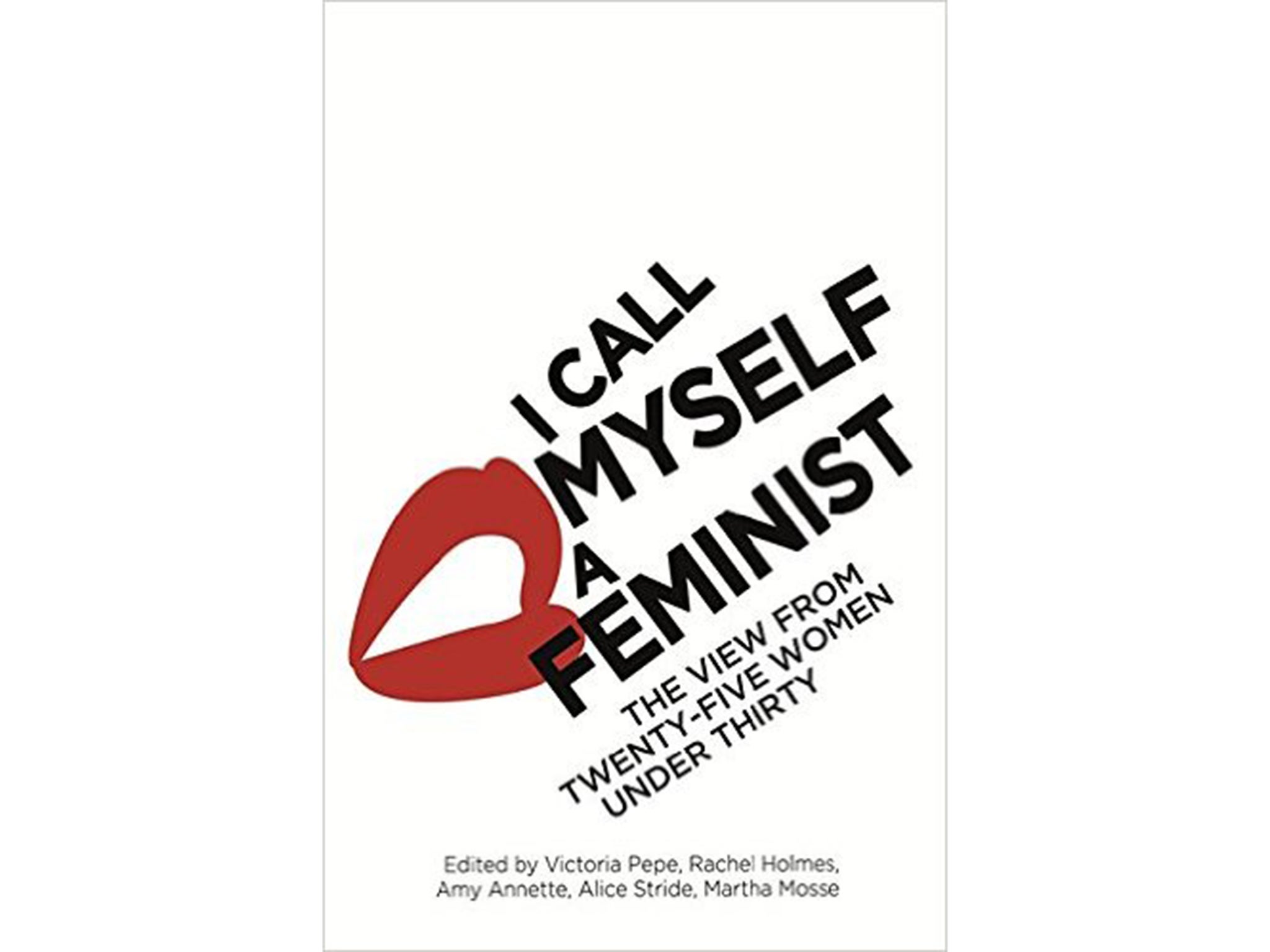I Call Myself a Feminist: The View from Twenty-Five Women Under Thirty, review: Diverse collection gets it right
The editors have reserved a decent proportion of space for the voices and experiences of young women of colour

Your support helps us to tell the story
From reproductive rights to climate change to Big Tech, The Independent is on the ground when the story is developing. Whether it's investigating the financials of Elon Musk's pro-Trump PAC or producing our latest documentary, 'The A Word', which shines a light on the American women fighting for reproductive rights, we know how important it is to parse out the facts from the messaging.
At such a critical moment in US history, we need reporters on the ground. Your donation allows us to keep sending journalists to speak to both sides of the story.
The Independent is trusted by Americans across the entire political spectrum. And unlike many other quality news outlets, we choose not to lock Americans out of our reporting and analysis with paywalls. We believe quality journalism should be available to everyone, paid for by those who can afford it.
Your support makes all the difference.The editors of this collection of short essays have got it right where so many others have failed: instead of presenting feminism as a domain populated exclusively by middle-class white women, this book features essays by women from a diverse range of ethnicities and backgrounds. It’s refreshing and eye-opening and much needed.
Of course, there are plenty of contributors who tick the middle-class white woman boxes and, as someone who ticks those boxes myself, I certainly identified with them. Particularly moving is journalist and dating columnist Caroline Kent’s powerful account of being raped as a teenager and the “sublime sort of comfort” she has found in feminism.
It’s heartening to read about Emmeline Pankhurst’s great-great-granddaughter Laura, proudly continuing to fly the flag for equal rights, and it would have been remiss not to include an entry by Laura Bates, founder of the Everyday Sexism Project.
But, gratifyingly, I Call Myself a Feminist has reserved a decent proportion of space for the voices and experiences of young women of colour, giving readers who might not ordinarily identify with feminism or see a place for themselves at the table the chance to connect with those whose experiences of sexism and other forms of prejudice more closely reflect their own.
Canadian student Maysa Haque is a case in point. She describes how, aged 12, she decided to wear the hijab in hopes of bringing about “positive Muslim public relations”, influencing how people viewed Muslims by making sure she was always on her “best behaviour”. After moving to France, Haque discovered that by wearing her headscarf she experienced less sexual harassment – but that removing it helped reduce religious discrimination.
If you aren’t already familiar with the writing of June Eric-Udorie, 17, prepare to be blown away. She describes growing up in Nigeria, eager to be a good Christian girl, but angry at the sexist attitudes to which she was exposed. Finally, at the grand age of 11, she thought, “Fuck it, I’m going to call myself a feminist.” Udorie emphasises her commitment to the feminist cause, despite being warned that this belief system had “corrupted” her, that it was “not part of my culture, it was incompatible with my religion and it was un-African”.
I Call Myself a Feminist might be specifically targeted at younger women but readers of any age stand to learn a whole lot from this anthology.
Order for £12.59 (free p&p) from the Independent Bookshop: 08430 600 030
Join our commenting forum
Join thought-provoking conversations, follow other Independent readers and see their replies
Comments